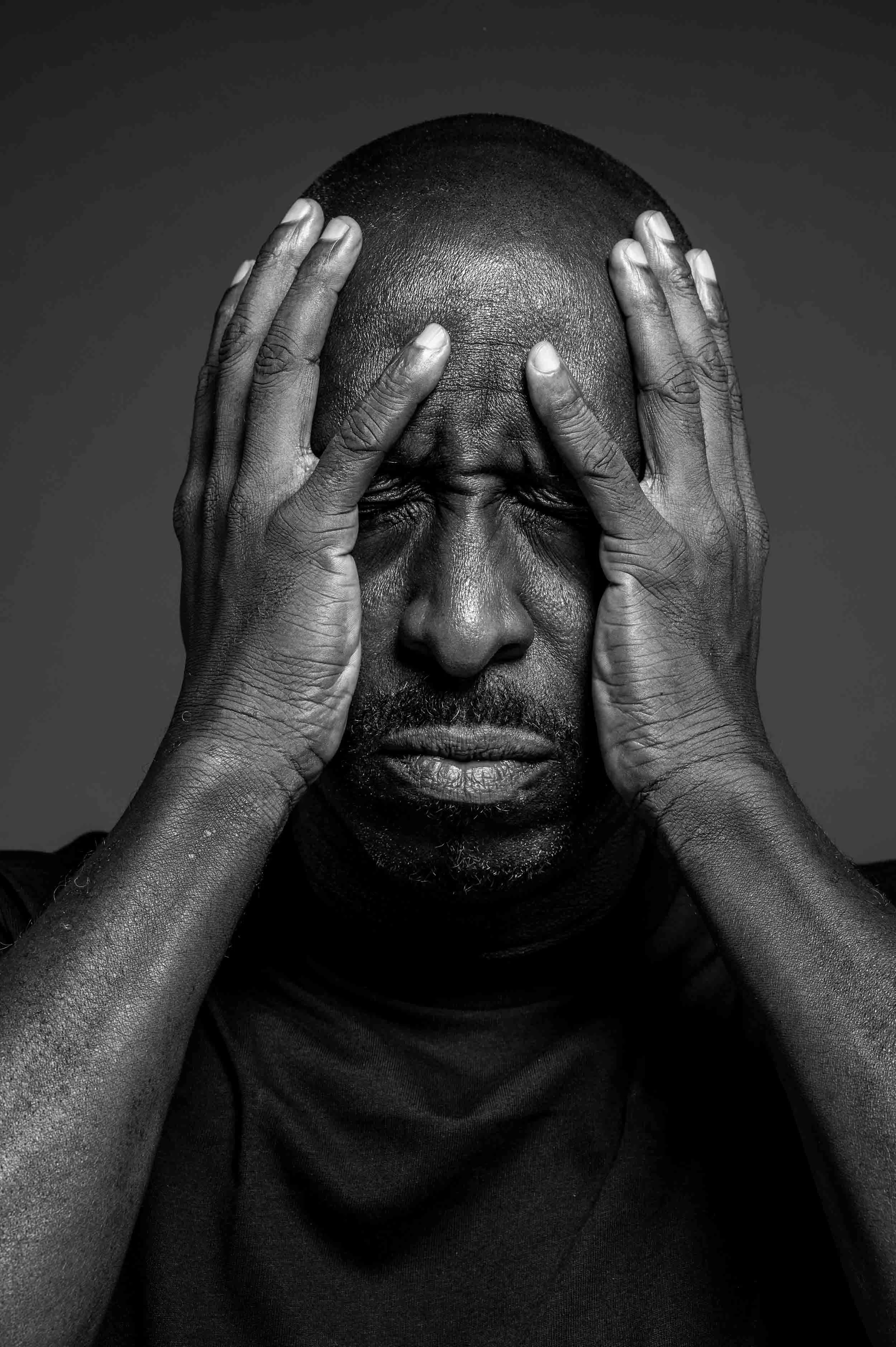
Men's Therapist in California, Washington, Oregon, & Colorado
Dr. Bob Nemerovski, Licensed Clinical Psychologist
As a man, you may be used to:
Solving your own problems
Not asking for help
Avoiding talking with others about things that cause you stress and upset
Believing that there is something “unmanly” about seeking and participating in counseling
There are numerous reasons that boys and men in our culture would choose to suffer in private silence rather than admit to another person that there is something they cannot fix on their own. In addition, it’s sometimes tough to go to your friends or family for support, or they are simply not helpful.
You’re not alone if:
You’re having problems at work, with your primary relationship, or in your family.
You have excessive self-doubt, anxiety, or depression and worry life won't get better.
You feel disconnected and alone or full of rage and worried about making things worse.
You are engaging in behaviors that you know are unhealthy or dangerous but are difficult to stop.
You don’t think you have an issue or problem to address, but someone important to you does.
In our culture, there are expectations for men not to be “weak” or “vulnerable” and to hide emotions or be “warriors.” However, it’s a myth that talking about your problems and how you feel about them will somehow, magically, make you less of a man.
Not true.
Section Styles full-width
Times are changing, and men need to learn critical skills like emotional intelligence, communication skills, stress management and relationship building. That’s where men’s counseling can help.
I create a space where guys can feel comfortable getting real and opening up. I provide support and feedback that you’re looking for, without handing you the answers. I’ll challenge you, and bolster you up at the same time. And I won’t sit there quietly staring at you for an hour, either. I will have an actual real conversation with you.
Section Styles full-width
Skeptical? This counseling is different.
This counseling is for you, your own growth, and to get you back to functioning at your peak and feeling better about your life. This counseling is designed for men, by a man.
Give me a call, and tell me how you want your life to improve. I’ll tell you about my background and why I’m especially qualified to work with men. If we are a good fit, we’ll get to work.
FAQ’S About Men’s Therapy
-
Determining if psychotherapy will be helpful for you depends on a wide variety individual factors, including:
Firstly, consider whether you are open to exploring and addressing your emotions and thoughts or at least willing to learn how to do this. If you are willing to engage in self-reflection and make positive changes, psychotherapy can be valuable.
Additionally, examine the challenges you're facing and their impact on your daily life. If you find it challenging to cope with stress, manage emotions, or maintain healthy relationships, psychotherapy can provide support and strategies to navigate these difficulties.
It's important to have realistic expectations and understand that therapy requires time and effort. A strong therapeutic relationship with a trained, licensed psychologist—and specialist in working with men—is crucial for success. Make sure to find a therapist whose approach aligns with your needs and preferences—or at least feels like a potential good “fit” for working together.
Ultimately, psychotherapy can be highly effective for most men dealing with various concerns, goals, and challenges, but its success may vary from person to person. If you're willing to commit to the process and work collaboratively with a men’s psychologist, you increase the likelihood of experiencing positive outcomes and personal growth.
-
I offer in-person therapy in Marin County, CA and online therapy through California and Colorado via secure video.
-
I create a space where guys can feel comfortable getting real and opening up. I provide support and feedback that you’re looking for, without handing you the answers.
I’ll challenge you, and bolster you up at the same time.
If you want tools, strategies, and coaching, I’ve got you covered. And I won’t sit there quietly staring at you for an hour, either. I will have an actual real conversation with you.
-
First and foremost, I am a man. I spent most of my life trying to fill certain, common male roles and struggling to feel confident that I was doing it right. Also, I commonly found myself experiencing strong emotions, but unsure of which they were, if they were appropriate to feel or share out loud, and how to cope with them.
When I finally tried out psychotherapy as a client and later when I entered the field of psychology, I realized there was so much to learn about what it meant to be a man in our western culture, but also what it meant to be a human being regardless of gender.
I have committed my professional life to helping other men feel free and confident in learning crucial human skills such as self-control, emotional understanding and communication, self-reflection, and digging deep to learn what they really think, feel, and need.
Most importantly, I help men recognize that acknowledging their pain, confusion, insecurity, needs, and frustrations are perfectly normal, and seeking support and help is what healthy humans do. Doing so does not make one any less of a man. In fact, it makes one more of a man.
-
In total, just shy of 20 years. 11+ as a Licensed Clinical Psychologist and 8 as a trainee under the guidance and supervision of some of the wisest and most skilled psychologists in the county.
-
This is a common question. The answer is that the time it takes will vary and depends on a number of factors including:
Willingness to engage in the process and actively participate in therapy even when it gets difficult.
Consistency of attendance, and being present and interactive in sessions.
Your symptoms, medical history, other psychiatric diagnosis, medication, trauma, substance use, prior therapy experience, coping abilities, and your therapy goals.
Maintaining open communication with your therapist about your experiences and any concerns you might have during the treatment process.
Beyond all of these factors, most clients start to see some positive change within a month or two, more noticeable improvement in multiple domains around 3-6 months, and stability in improvements including significant reduction in the frequency, intensity and duration of anxiety and increases in their capacity to tolerate and cope with anxiety around 6-12 months—or more depending on those factors mentioned above and others.


